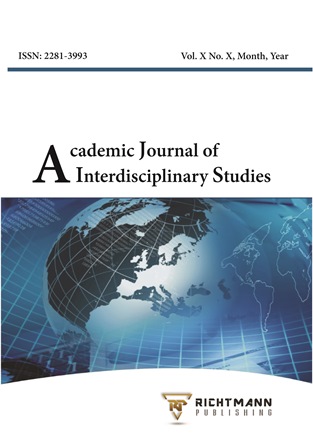The Theory of Political Democracy for Vietnam in Ho Chi Minh's Thought Compared to Western Political Democracy
DOI:
https://doi.org/10.36941/ajis-2023-0104Keywords:
Democracy theory, democracy in Vietnam, political democracy, Ho Chi Minh's idea on democracy, Ho Chi Minh's idea on the stateAbstract
Ho Chi Minh's political democracy is a term that arose from a novel approach to the study of politics in Vietnam as it grew in complexity. Ho Chi Minh's political democracy emerged from democracy and assumed a new relationship with politics. His constituents express themselves through his daily writings, speeches, and political style. Democratic theory is associated with Ho Chi Minh Ideology adherents. When the people take control of their democratic institutions and mechanisms, a "new type of state" emerges proletarian, constitutional, legal, and "of the people, by the people, and for the people." Increasingly, these views of Ho Chi Minh are being disseminated to the Vietnamese populace; however, it is still crucial for individuals to comprehend the intended audience for this viewpoint. Who needs democracy? How is the democracy of Ho Chi Minh viewed? Were these democratic conceptions of the state superior to those of the West? By analyzing and comparing the document's content, the article has demonstrated that Ho Chi Minh's views reflect not only the aspirations of the Vietnamese people but also the aspirations of all people for their progress.
Received: 02 March 2023 / Accepted: 10 June 2023 / Published: 5 July 2023
Downloads
Downloads
Published
Issue
Section
License

This work is licensed under a Creative Commons Attribution-NonCommercial 4.0 International License.
This work is licensed under a Creative Commons Attribution-NonCommercial 4.0 International License.








